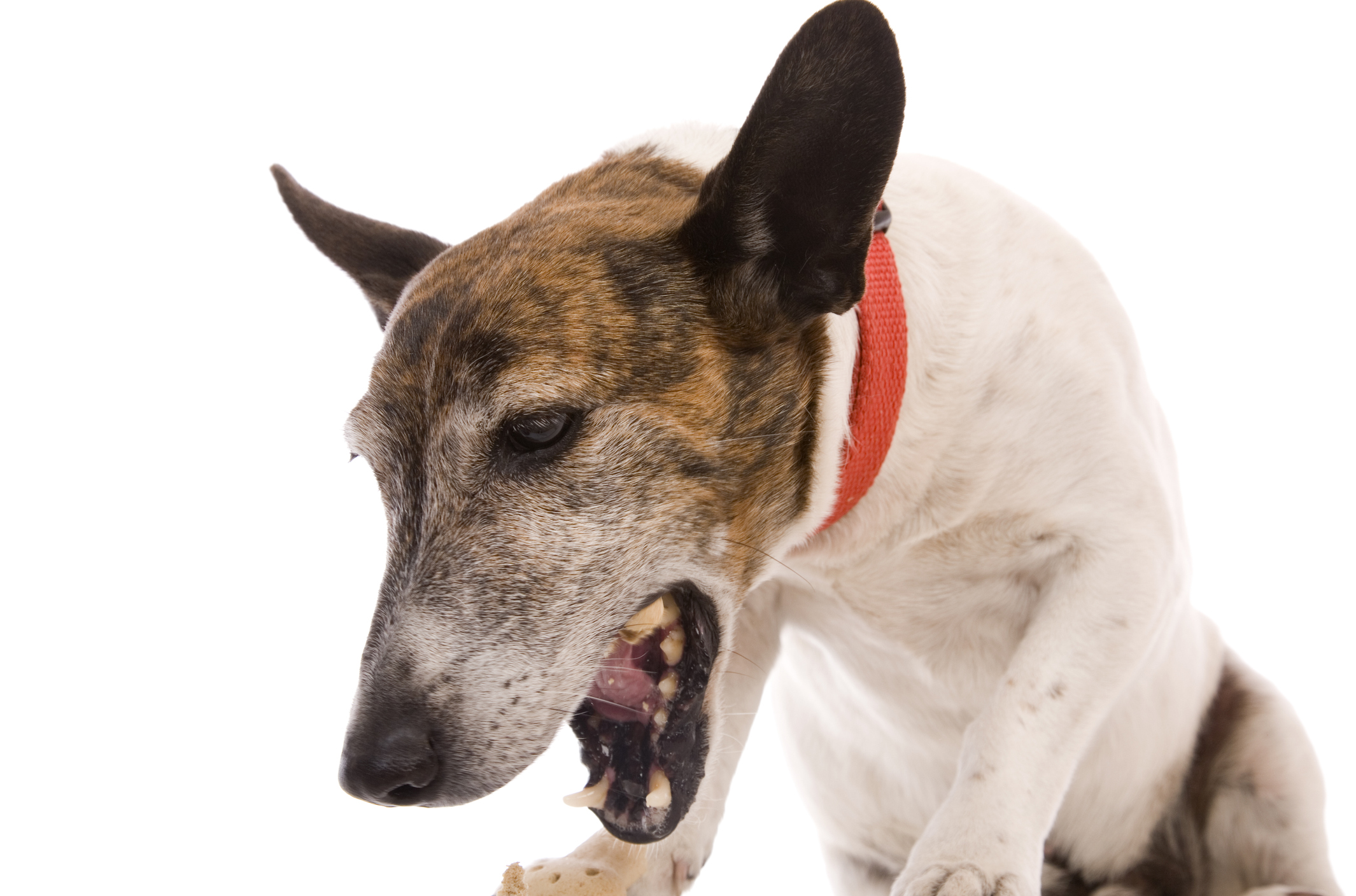
How Unchecked Infections Can Lead to Pneumonia in Your Pup
Pneumonia is a scary condition for our furry friends to experience. Your normally energetic pup might find themselves unable to breathe easily without wheezing or coughing. But beyond discomfort, pneumonia can be life threatening in dogs if it’s untreated for too long.
Pneumonia is characterized by inflammation in the lungs. This inflammation results in excess inflammatory cells and fluid building up in the airways, lungs and alveoli (where carbon dioxide and oxygen are exchanged). What results is a host of symptoms that affect your pup’s breathing and oxygen levels and can be extremely dangerous if it’s not treated fast enough.
Pneumonia isn’t as simple as it seems
Multiple things can cause pneumonia in dogs. The most common cause is a bacterial infection in the lungs and airways. However, other things can also lead to pneumonia, such as fungal infections or aspiration after vomiting. Dogs with suppressed immune systems are particularly at risk for pneumonia of all kinds.

Understanding the differences between the numerous forms of pneumonia is critical in getting your pup the help they need.
Bacterial pneumonia
One of the most common forms of pneumonia in dogs—bacterial pneumonia—is rooted in an unchecked bacterial infection in the lungs. The initial infections that lead to pneumonia can result from a number of different bacteria. The bacterium that causes kennel cough is one of these, but a wide range of other bacteria can be responsible, as well. Some of these infections will begin in the upper respiratory tract, as is the case with kennel cough, but spread deeper into the lungs, resulting in pneumonia.
Symptoms of bacterial pneumonia may include coughing, sneezing, nasal discharge, a fever, difficulty breathing, lethargy, inappetence and rapid breathing or excessive panting. Your dog might also wheeze when they breathe, or their breath might sound crackly.
Bacterial pneumonia is pretty simple to treat—your dog will need to take antibiotics after they are diagnosed and refrain from intense exercise. Rest and medication will help their lungs heal and return to normal. However, the danger with bacterial pneumonia is not acting quickly enough. Prolonged pneumonia can lead to secondary health problems such as sepsis—when toxic bacteria enter the bloodstream and spread—or hypoxemia—when the oxygen levels in your dog’s blood drop to dangerously low levels.
Aspiration pneumonia
Aspiration pneumonia presents much like bacterial pneumonia does. However, a different underlying cause is to blame. In aspiration pneumonia, the inhalation of a foreign substance, like vomit, is the culprit. When your pup inhales food or fluid, the lungs react with inflammation.
Aspiration pneumonia is most likely to affect dogs with problems of the esophagus like acid reflux or a neuromuscular disorder. In addition to the usual symptoms of pneumonia, dogs with aspiration pneumonia may have difficulty swallowing and vomit or regurgitate food. Their mucus membranes might also have a blueish tint.
Aspiration pneumonia is extremely serious and often life threatening. If you’re able to get your pup to the vet fast enough, they may be able to suction the airways to remove the inhaled material. Some dogs need to be hospitalized for a few days to recover from aspiration pneumonia, followed by lots of rest and medication at home.
Fungal pneumonia
Pneumonia can also occur in dogs as a result of a severe fungal infection in the lungs. The types of fungi that might cause this form of pneumonia will vary depending on where you live, but many types are possible. If your pup inhales the spores of these fungi—often within fecal matter or soil—they could take root in the lung tissues and result in inflammation.
In addition to typical pneumonia symptoms like difficulty breathing, nasal and ocular discharge, fever and abnormal breathing sounds, fungal pneumonia may cause seemingly unrelated problems like lameness and eye problems, depending on where the fungi spreads within the body.
To treat fungal pneumonia, your vet will need to identify the specific type of fungi that’s causing it and prescribe medication. Unfortunately, this medication may require prolonged treatment and is not always effective. Hospitalization may be necessary to stabilize your pup’s breathing, fever and other symptoms.
Act quickly before pneumonia can develop or worsen
Because the underlying causes of pneumonia can be so different, your pup will have to be seen by a veterinarian to be diagnosed and get the treatment that’s most appropriate for their condition. Antibiotics will not be effective against a fungal infection, and an undiagnosed bacterial infection could lead to sepsis and more serious problems.
As soon as you notice signs of respiratory illness in your pup, such as coughing, sneezing or difficulty breathing, take them into the vet right away. You may be able to identify a bacterial or fungal infection in the upper respiratory system early, before it spreads deeper into the lungs. Or, you may discover your dog has pneumonia and can be treated right away. The sooner you act, the better your pup’s outlook will be and the faster they can rest up and breathe easily again.


